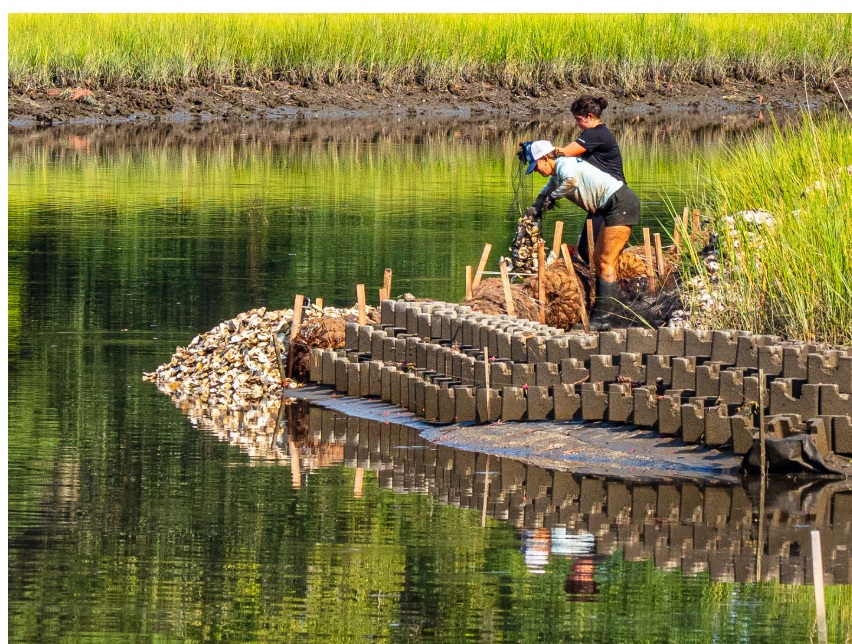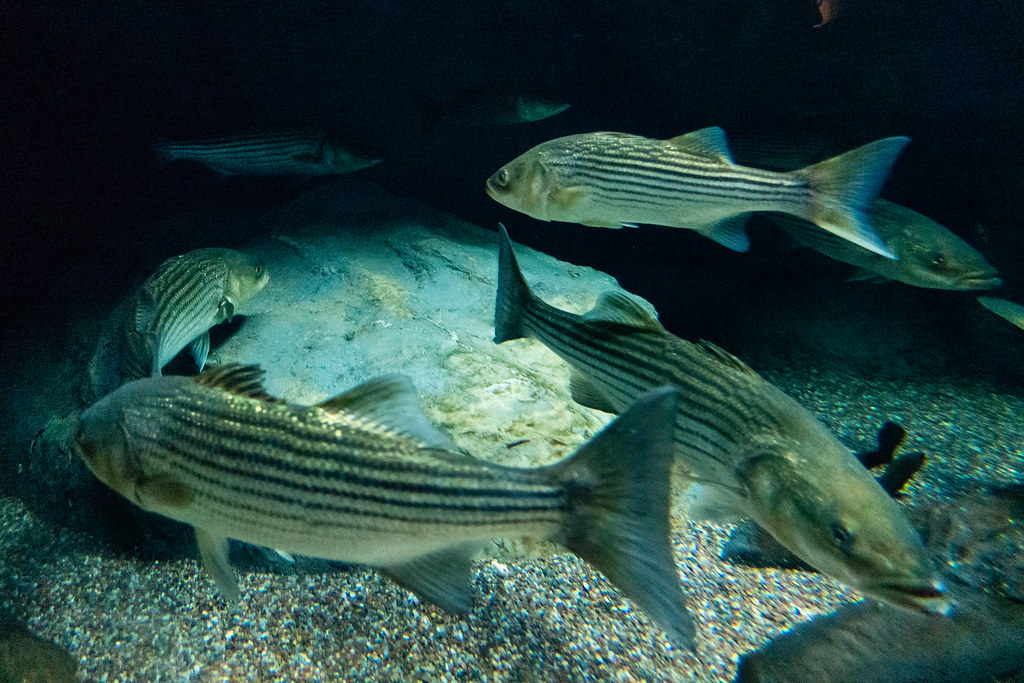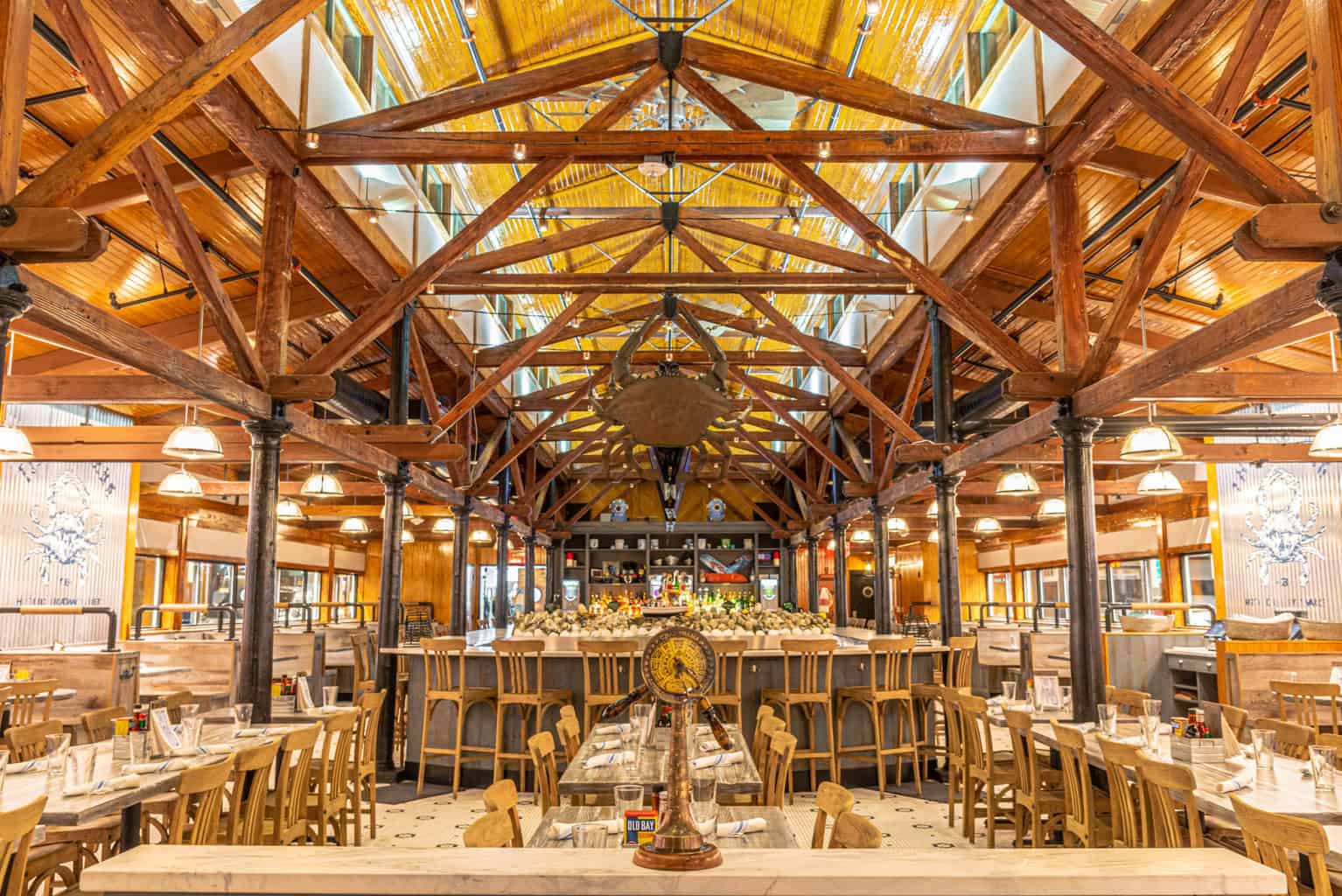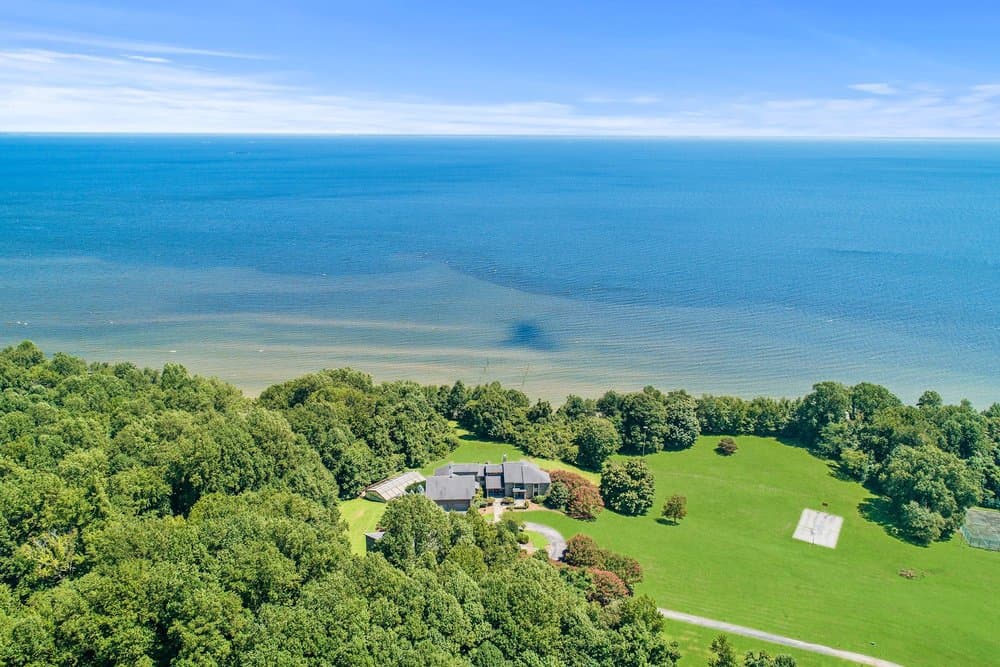Much has been written about the legacy of Pope Francis in the week since his passing at age 88. While it’s only one piece of his legacy, the Pope was vocal in his support of climate change awareness and environmental responsibility. His 2015 encyclical on ecology, Laudato Si, says that climate change is real and tackles important topics like pollution, waste and throwaway culture, water quality and loss of biodiversity. (He followed it up with the 2023’s Laudate Deum, in which he warned that not enough progress has been made.)
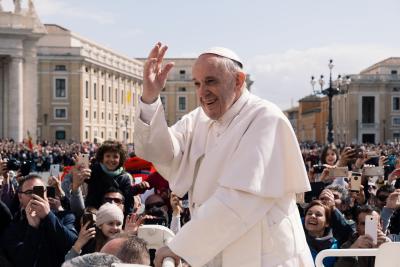
In the Global Inequality section of Laudato Si, the Pope addresses the environment’s impact on the poor. The examples he gives sound particularly relevant to the Chesapeake Bay region:
“The deterioration of the environment and of society affects the most vulnerable people on the planet… For example, the depletion of fishing reserves especially hurts small fishing communities without the means to replace those resources; water pollution particularly affects the poor who cannot buy bottled water; and rises in the sea level mainly affect impoverished coastal populations who have nowhere else to go.”
One Hampton Roads Catholic parish has been following the Pope’s lead in taking care of the environment. Immaculate Conception Catholic Church is committed to “caring for Creation”, and has spent recent years converting to 100% solar energy with the support of the Catholic Climate Covenant. The church has also donated 25,000 trees to farmers in Kenya in a carbon offset program and provided filters for clean drinking water in the Navajo Nation. Their focus this summer is closer to home, on the Hampton River.
Over the next two months, 100 Immaculate Conception volunteers will get their hands dirty and their feet wet by working on a major living shoreline project with the Chesapeake Bay Foundation. The church’s pastor, Father John Grace says climate change is not just an economic issue or a political issue, it is a moral issue.
“We’re more affected by sea level rise here in Hampton Roads because the land is also sinking,” Fr. Grace explains. The Chesapeake Bay Foundation’s (CBF) upcoming Pine Cone Harbour living shoreline project, just three miles away from the church, is designed for coastal resiliency. It will be one of CBF’s largest living shorelines and the first “roots to reef” project the Bay Foundation has done. Restorative practices are being done from the water and the shore by CBF’s Hampton Roads Oyster Team and its Urban Restoration team. The idea is to integrate a plan for the entire tidal slope.
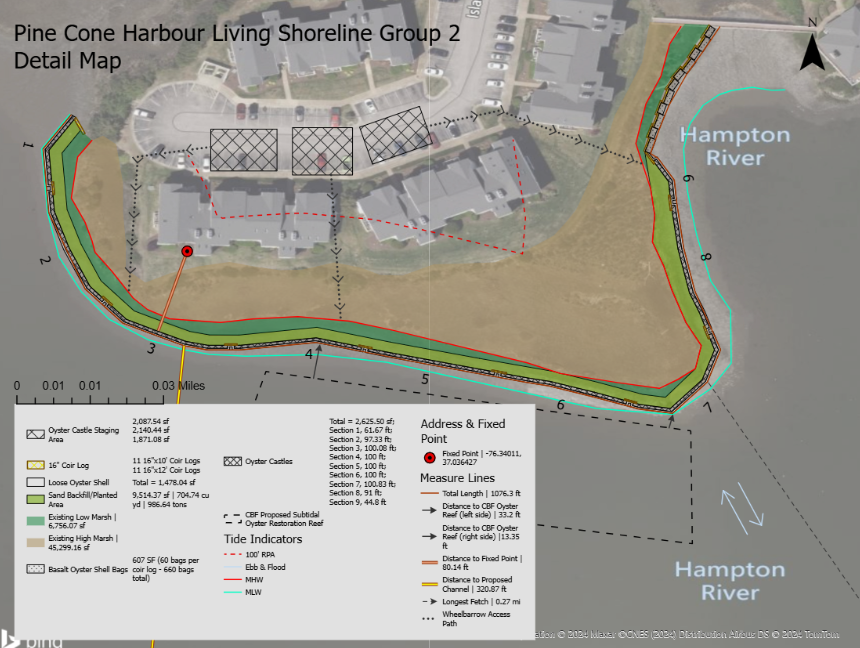
The Hampton River has a dense surrounding population of approximately 138,000 residents living in a 51 square mile area, explains CBF Restoration Specialist Kati Grigsby. “Polluted runoff from streets, parking lots, and buildings is one of the city’s biggest threats to clean water.”
CBF staff and volunteers, including dozens from Immaculate Conception, will start in mid-May to install 1,076 linear feet of living shoreline oyster sill. The oyster sill will be created using 4,692 oyster castles, or 30-pound concrete blocks designed to form a structure that will protect and enhance the existing marsh. In addition, 850 bushels of recycled oyster shells will be placed channelward of the oyster castles to provide additional habitat and support for the sill.
Immaculate Conception’s small parish is dedicating this environmental effort to Pope Francis, in hopes that more faith communities are inspired to mobilize, too. With only 600 households, Fr. Grace is proud of how his parish has mobilized for the living shoreline effort. Many volunteers are taking vacation time off work to participate. He recalls how one elderly parishioner, with her walker and oxygen tank, approached him to ask how she could help. With a monetary donation, she told the priest, “Make sure someone plants my oyster castle for me.”
Fr. Grace says working together on the oyster reef will have an added bonus as parishioners get to know each other, giving them a stronger bond of ministry. “It’s the old-fashioned barn raising idea that’s almost completely gone in today’s society,” he tells us. “Our faith doesn’t stay in the doors [of the church], it goes outside, with a sense of shared responsibility.”
He credits the Pope with challenging all Catholics to have concern for our shared home and to care for Creation.
Pope Francis writes in Laudato Si, “Our insistence that each human being is an image of God should not make us overlook the fact that each creature has its own purpose. None is superfluous. The entire material universe speaks of God’s love, his boundless affection for us. Soil, water, mountains: everything is, as it were, a caress of God.”
We asked Fr. Grace, a 40-year priest, whether he’ll be taking part in the shoreline build. “Oh, I’m definitely going to be in the water!” he tells us.
You can see more about how the parish of Immaculate Conception in Hampton Roads is making environmental contributions in its community:

